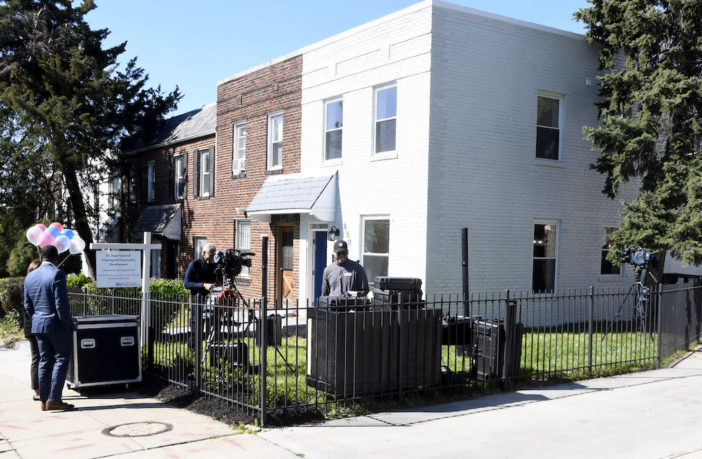In a development reshaping the real estate industry, the National Association of Realtors (NAR) finalized a historic settlement late last year following a multibillion-dollar antitrust ruling. This $418 million settlement, expected to go into effect by July pending judicial approval, marks a significant shift in loosening the powerful trade group’s grip on America’s housing market.
The settlement comes after a Missouri lawsuit challenged the decades-old system requiring the agents of home sellers to split the commission on sales with the agents of home buyers. Most commissions range between 5% and 6% of home sale prices. Under the settlement, home sellers and their agents can no longer outline compensation for agents representing buyers within their MLS listings. They can, however, negotiate outside of the official listing.
Still, the agreement effectively ends decades of the NAR’s profound influence, with its 1.5 million agents shaping industry practices. Central to the lawsuit was the standard commission structure, typically around 6% of a home’s sale price, split between the seller’s and buyer’s brokers. Critics argued that specific NAR rules have artificially inflated these commissions, maintaining them at levels far above international standards.
The settlement allows brokers to advertise rates and consumers to seek better deals. Projections indicate a potential reduction in commissions by 25% to 50%, according to TD Cowen Insights, heralding a new era of affordability in real estate transactions.
Some believe the settlement could be good news in the volatile D.C. market where McEnearney Associates noted that contract activity in February 2024 was down 15.8% from February 2023 and was down in five out of six price categories. Through the first two months of the year, contract activity remained down 16.4%. The average number of days on the market for homes receiving contracts was 55 days in February 2024, down from 68 days in February 2023.
The real estate organization also noted that, in the District, the number of homes on the market at the end of February (1,696) was up 21.5% compared to the end of February 2023, and the number of new listings coming on the market increased 10.6% compared to last February. The decrease in contract activity combined with the increase in inventory, raised overall supply to 3.2 months from 2.2 months at the end of February 2023.
To provide some context, during the “Great Recession” in February 2008, supply was six months, the average days on market was 81, and there were almost 3,000 homes on the market. Further, the payment on a no-money-down, 30-year fixed mortgage for a median-priced home in the District is 70% higher than it was a decade ago in February 2014, and the median price is up 28%. The payment is also 1% higher than last February because of higher interest rates. The mortgage payment for a median-priced home ($3,968) was much higher in February than the median rented price ($2,800).
Meanwhile, the National Association of Real Estate Brokers (NAREB) said it is gearing up to support its members, who predominantly serve Black communities. Dr. Courtney Johnson Rose, President of NAREB, acknowledged the profound implications of the settlement on the organization’s members, particularly those representing buyers.
“NAREB recognizes that this settlement, if approved by the judge, will bring dramatic changes to our industry,” Rose stated. “Our members often represent Black families and individuals who struggle to raise money for the down payments needed to purchase homes due to decades of discrimination and a lack of generational wealth.”
To address these challenges, NAREB has outlined a series of initiatives:
Special Task Force: A dedicated task force will analyze the settlement’s impact and recommend strategies to assist members and promote Black homeownership.
Realtist Toolkit: NAREB will develop a comprehensive toolkit providing members with essential information and resources.
Black Developer Academy: Expansion of the Black Developer Academy will offer training and support to members interested in real estate development, diversifying revenue streams and increasing housing inventory in communities of color.
Community Engagement: Leveraging national initiatives such as the Building Black Wealth Tour, NAREB aims to strengthen connections between members and their communities while educating consumers on homeownership.
While the settlement promises increased transparency, concerns persist regarding potential burdens on buyers, especially first-time buyers. Moreover, the anticipated commission reduction could precipitate a significant upheaval in the brokerage industry, potentially prompting a mass exodus of brokers.
“NAREB is prepared to lead in this changing environment and ensure that our members, ‘Realtists,’ are strong and remain valuable assets in communities,” Rose said. “NAREB is committed to the advancement of Black real estate professionals, increasing Black home ownership and our enduring pursuit for democracy in housing.”



